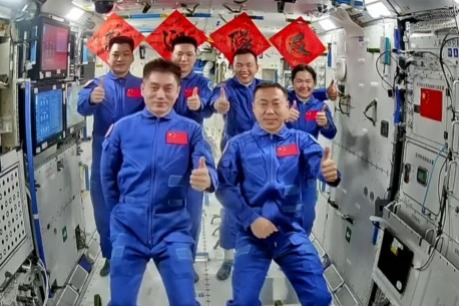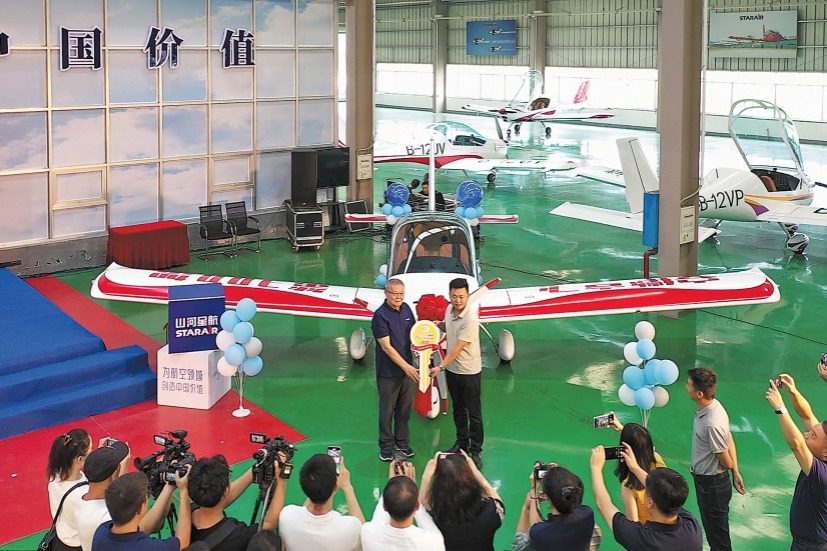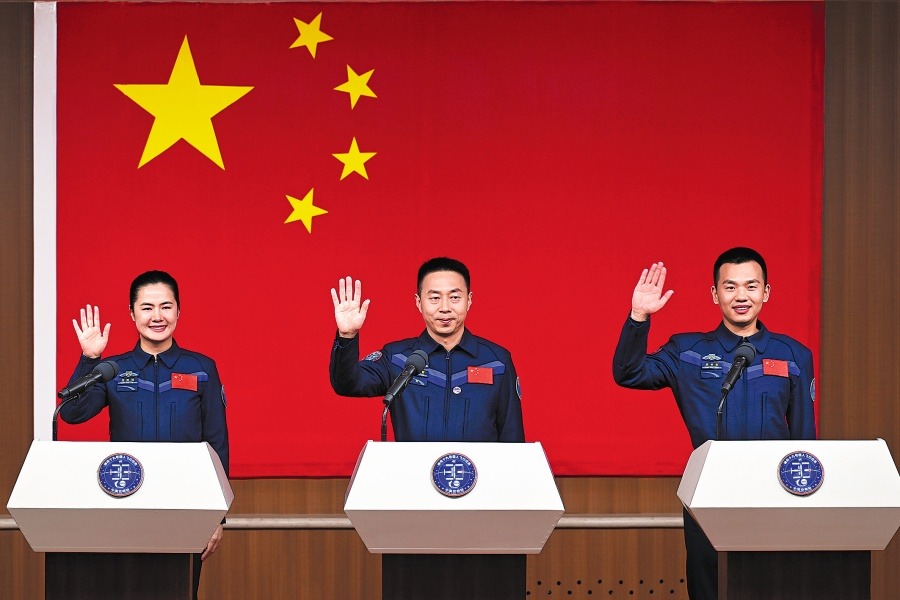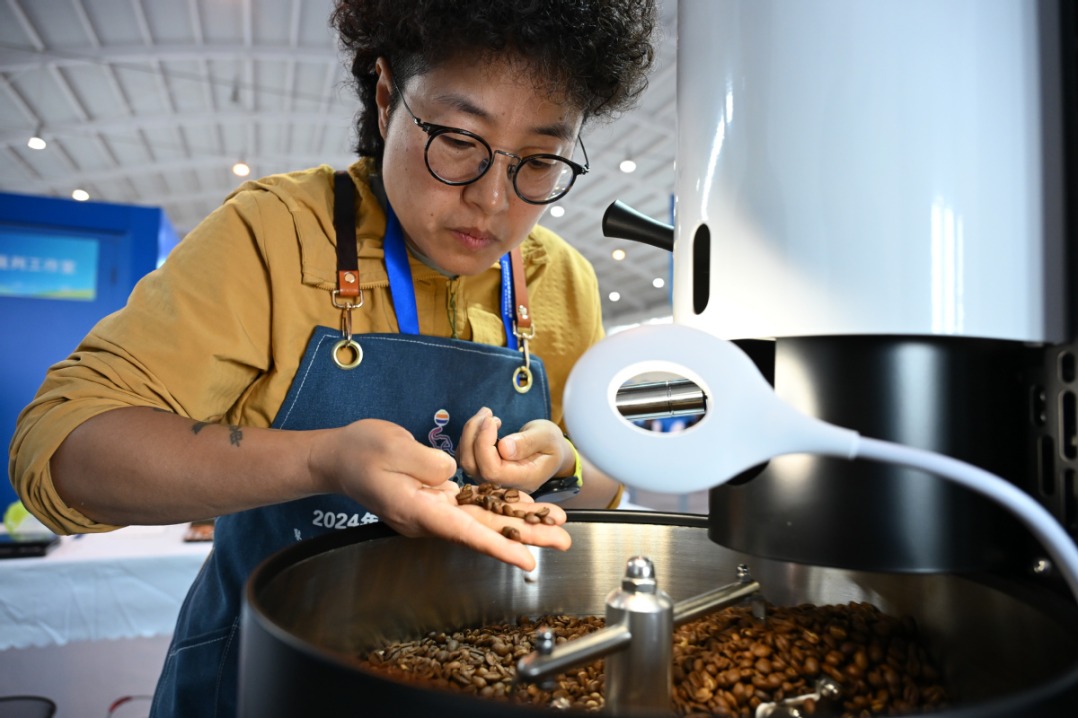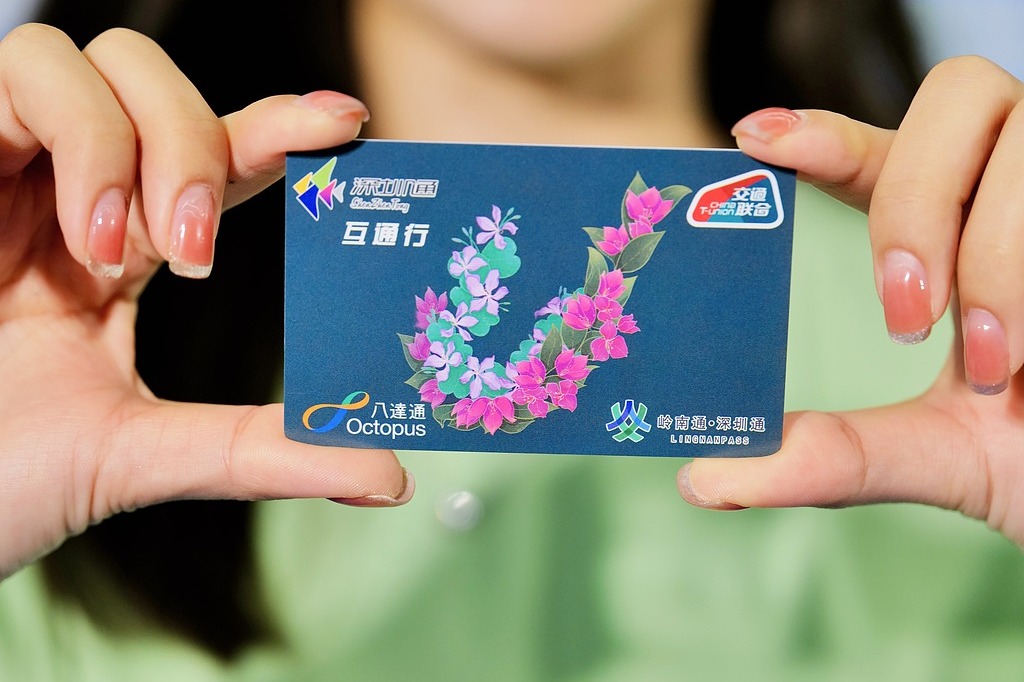Social Media Digest (Oct 23)


Minimalist rebellion
Recently, TikTok has been buzzing with the trend of "underconsumption core". Under this hashtag, users are showcasing items like mirrors they've used for years and makeup worn down to the tin. They also repurpose old clothes into dishcloths and make choices like giving up manicures or hair dyeing — all in pursuit of a simpler lifestyle.
Traditionally, "underconsumption" refers to an economic situation where workers can't afford the goods they produce, leading to insufficient demand and economic slowdowns. However, on TikTok, it has taken on a new meaning: buying only what you need and extending the life of fast fashion products and other items.
Consumerism has dominated platforms like TikTok and Instagram, where many fashion and lifestyle influencers promote the idea that buying more brings happiness. If you're not happy, they imply, it's because you haven't bought enough.
In this context, the rise of an anti-consumerism trend seems like a natural counterbalance to overconsumption.
Participants in the underconsumption challenge create "can buy/shouldn't buy" lists, push back against the overwhelming influence of marketing, and advocate for a more sustainable lifestyle.
Influencers promoting the "underconsumption core" are called "deinfluencers". Unlike traditional influencers, they encourage their audiences to avoid purchasing unnecessary products.
However, this trend has sparked controversy. Some deinfluencers still purchase minimalist luxury items — like plain white T-shirts costing thousands of yuan — even though they buy fewer items overall.
While they see themselves as part of the underconsumption movement, many social media users question whether this truly aligns with the movement's principles.
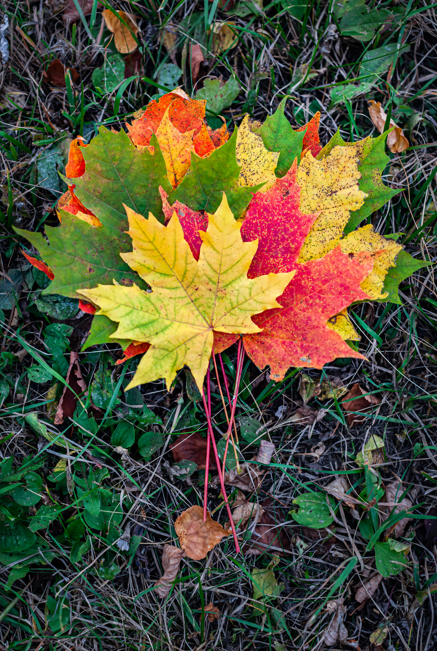
Harvesting happiness
Traditionally, "picking autumn "refers to collecting leftover grains during the harvest season. Today, however, a new version of this activity has emerged — gathering beautiful fallen leaves and fruits to preserve the essence of autumn.
People engaging in this practice follow the principle of not picking forcefully, choosing instead to wait for "autumn" to fall naturally.
The trend of "picking" has spread across many cities in China and is no longer confined to just "picking autumn". Various activities centered around "picking" have sparked a new wave of lightweight outdoor pursuits.
As hiking gains popularity, collecting interesting stones by riversides and hillsides has evolved into a specialized activity, leading to organized "agate-picking" trips. While most of the finds are ordinary stones, people take immense joy in the process itself.
Similarly, the classic pastime of shell-picking reflects an inland fascination with exploring the sea.
Many believe these activities embody a search for happiness in seemingly insignificant objects. It's not about acquiring tangible items but holds meaning in itself. People cherish the focused state of "treasure hunting" and the simple pleasure of putting down their phones to live in the moment.
As reported by Vista Magazine, these lightweight outdoor activities challenge the stereotype that outdoor pursuits must be high-difficulty and high-cost. Going outdoors doesn't have to involve climbing mountains or exploring canyons — it can simply mean visiting a nearby wood or a local park.
Today's Top News
- EU taking wrong path of protectionism by imposing hefty tariffs on Chinese EVs
- Chinese mainland to further enhance access for Taiwan compatriots
- China against latest US' restrictive investment measures
- Shenzhou 19 mission a journey of progress
- Detailed fiscal package set to be unveiled
- Potential for Sino-Russian cross-border co-op high
















